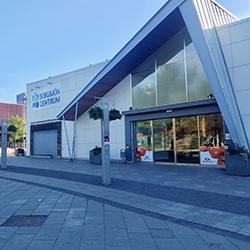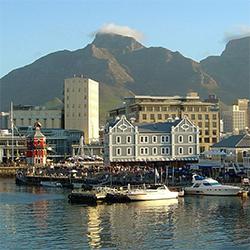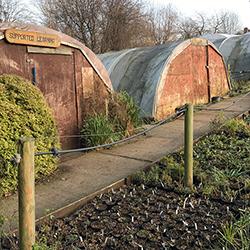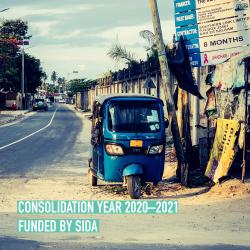
Socially sustainable neighbourhood transformation – indicators and tools
The Project Social Sustainable Neighbourhood Transformation - Indicators and Tools is an umbrella project containing a number of subprojects, all of which have had the same overall practical objective: developing practical tools that urban development actors can use to analyze social issues related to neighbourhood transformation. In order to contribute to this practical objective, all projects contain: case studies, literature reviews and development and testing of analytical tools. The work is done in cooperation with actors in the field of urban development as well as in the border between urban theory, planning theory, organizational studies, engineering and science studies and valuation studies.
Ethics, sustainability and indicators
In the Ethics, sustainability and social indicators sub-project, case studies are conducted on organizing social sustainability work in the city of Gothenburg and Mölndal. A practical and research-based tool is developed and tested that different types of organizations and professions in urban development can be used to jointly analyze and discuss social aspects of urban neighbourhood transformation processes.
Systematic evaluation of sustainability during renovation
Case studies from three renovation processes (in Gothenburg, Växjö and Skellefteå) has been carried out in collaboration with Skandia Fastigheter, Vöfab and Skellefteå municipality. An existing tool for sustainability analysis at neighborhood renovations called Renobuild has been further developed. With this, social issues can be weighed against and compared with economic and ecological ones. (available on renobuild.se)
The socially sustainable entrepreneur
Here, the focus has been on studying how contractors work with social sustainability issues. A practical tool for analyzing social issues during the construction phase has been developed with a number of entrepreneurs in the construction industry.
Living ground floors as value-creating urban development
This project focuses on the role that social services can play in the work of "living bottom floor" in Gothenburg. Here, in cooperation with the city of Gothenburg, the synergy effects - in terms of increased social and economic values - are potentially possible when public services are placed together with culture, business, industry, etc. A case study on how Gothenburg's city works with living ground floors in the Central River is carried out and an early prototype on a tool for analyzing socioeconomic values of living ground floors is being developed. The project is a pilot research project that is intended to be scaled up to a larger project in the future.
Link to excel-file tool Prisma
Photo: Flickr, Nadir Hashmi






